Any aggression against Lebanon will be met with legitimate self-defense, President Aoun says
President Michel Aoun says Lebanon has a legitimate right to fight off any act of aggression threatening its territorial integrity, warning that the Israeli regime will bear all the consequences in such a case.
“Any aggression against Lebanon and the safety of its territories will be met with legitimate self-defense and Israel will bear all its consequences,” Aoun told United Nations Special Coordinator for Lebanon Jan Kubis during a meeting at the Presidential Palace in Baabda on Friday.
الرئيس عون استقبل المنسق الخاص للأمم المتحدة في لبنان السيد يان كوبيتش، وعرض معه الوضع في الجنوب وعمل القوات الدولية بعد التمديد لها pic.twitter.com/K9uoFGLPKF
— Lebanese Presidency (@LBpresidency) September 6, 2019
Aoun also emphasized Lebanon’s adherence to UN Security Council Resolution 1701, which brokered a ceasefire in the war of aggression Israel launched against Lebanon in the summer 2006.
The Lebanese president pointed to the recent Israeli drone strikes on Beirut’s southern suburbs, saying the "rules of engagement" had been violated. He said the strikes flouted Resolution 1701.
Aoun later hailed the efforts made by Kubis and the UN secretary general in addition to “brotherly and friendly countries for extending the mandate of the UNIFIL (United Nations Interim Force in Lebanon) forces operating in South Lebanon without modification in their tasks.”
The Lebanese army, he said, is fully carrying out its duties regarding decisions made by the Beirut government and the Higher Defense Council.
Kubis, for his part, briefed Aoun on the deliberations concerning the extension of UNIFIL's term and the positions of the Security Council members, plus the role that UNIFIL played to maintain stability in the aftermath of recent events on the border between southern Lebanon and the Israeli occupied territories.
Separately, the UN official held a meeting with Lebanese Parliament Speaker Nabih Berri.

Kubis briefed him on the situation in southern Lebanon in light of recent field developments.
Berri stated that Israel is the only party that should be asked about violations of Resolution 1701, emphasizing that Lebanon stands committed to the deal.
On Sunday, Hezbollah fired a number of anti-tank missiles at an Israeli army base and vehicles near the border in response to an Israeli air raid last week that killed two of its fighters in Syria, as well as an Israeli drone attack on southern Beirut.
According to the Lebanese resistance movement, the missiles launched from Lebanon destroyed an armored personnel carrier in Avivim in northern Israel, killing or wounding those on board. The Israeli military, however, alleged the attack did not lead to any casualties. It said it fired 100 shells inside Lebanon in return.
Israel denied that the Hezbollah operation had caused casualties, but photos of Israeli soldiers transporting injured people later spread on social media.
The Arabic-language al-Manar satellite television station affiliated with Hezbollah later aired footage of the attack, documenting its operation.
On August 26, Hezbollah said Israel had sent two drones into Lebanon on a bombing mission.
According to the resistance movement, the first drone had fallen on a building housing Hezbollah’s media office in Beirut’s southern suburb of Dahieh. The second drone, which appeared to have been sent by Israel to search for the first one, had crashed in an empty plot nearby after being detonated in the air, it added.
Following the drone raids, Nasrallah vowed in a televised speech that fighters of the resistance movement would counter any further violation of the Lebanese airspace by Israeli drones.
Trump compromised by Israel, Epstein files reveal
Iran, China, and Russia to hold joint naval exercise
Leader visits Imam Khomeini’s mausoleum ahead of 47th anniversary of Islamic Revolution
‘Our hands are on the trigger’: Iranian army chief warns Israel, US against mischief
Death toll from Israeli attacks across Gaza rises to 29 since dawn
Apple takes over ‘secretive’ Israeli surveillance startup Q.ai
Iran FM: US must abandon threats; Iran ready to respond to aggression
VIDEO | US protesters begin nationwide strike over ICE killings


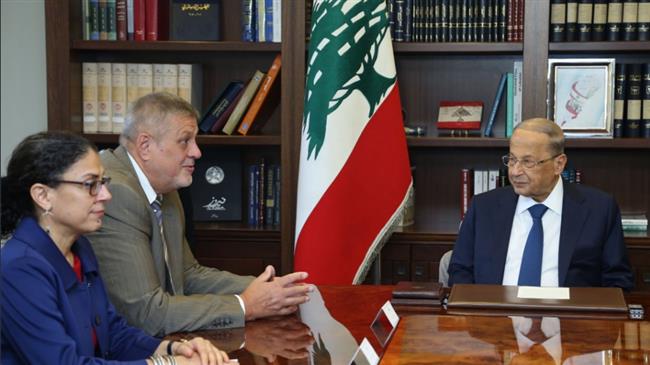




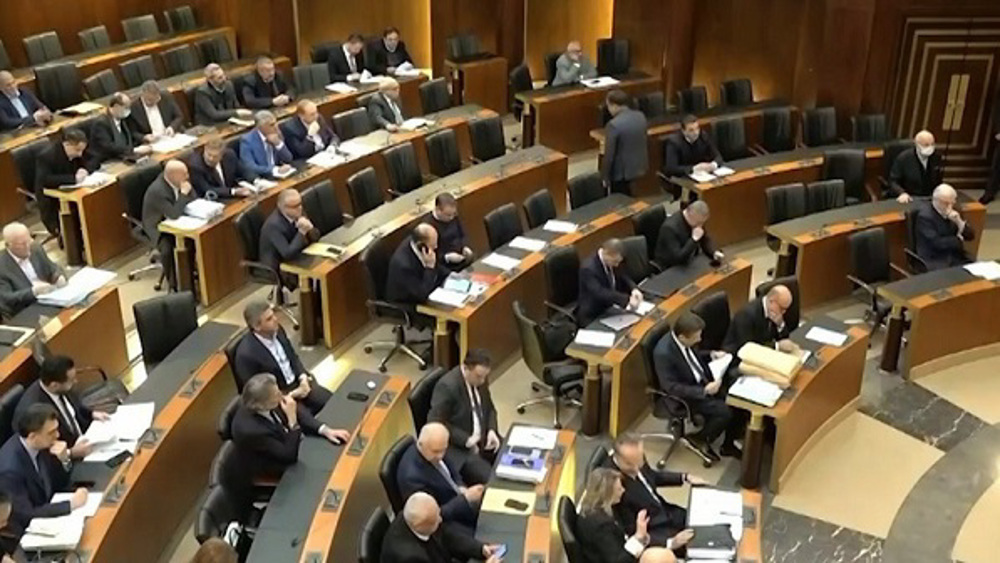
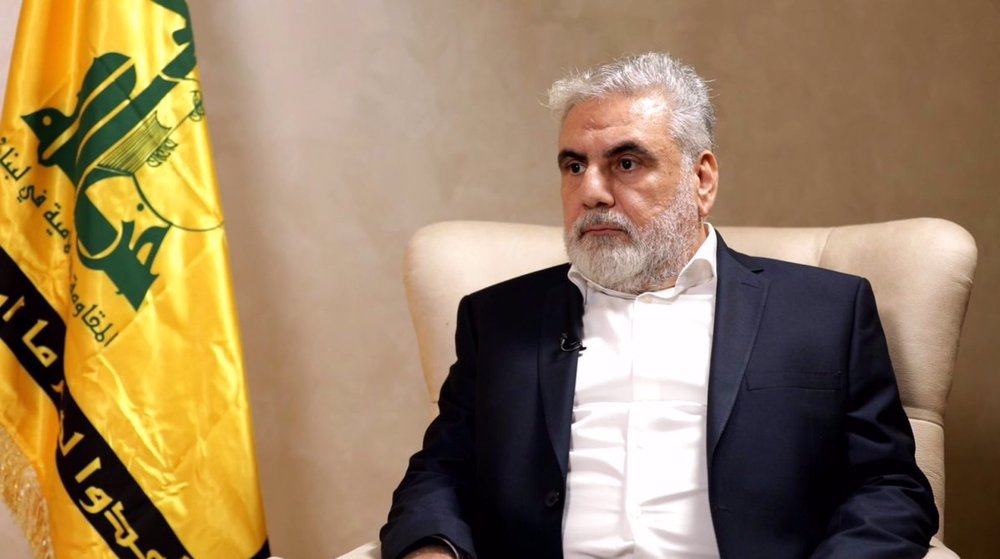
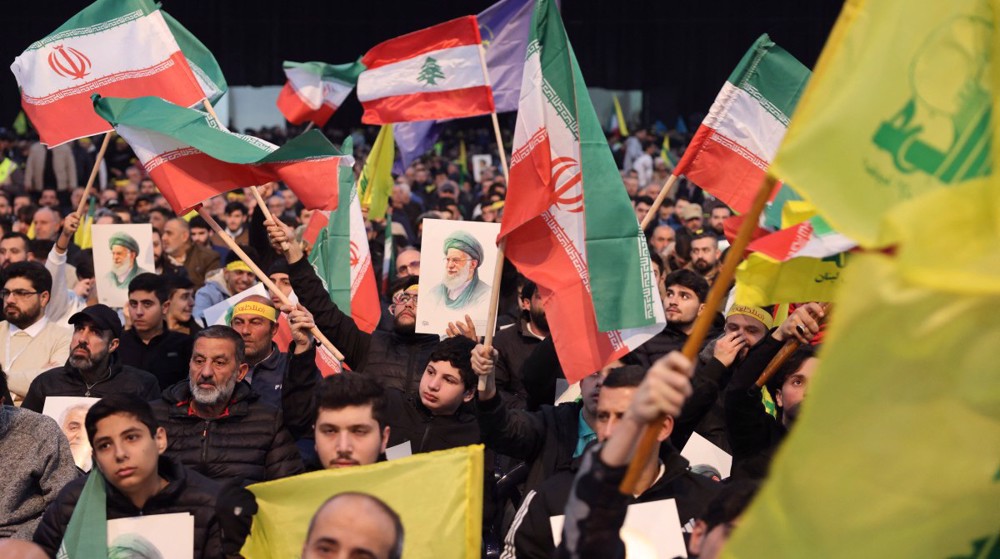



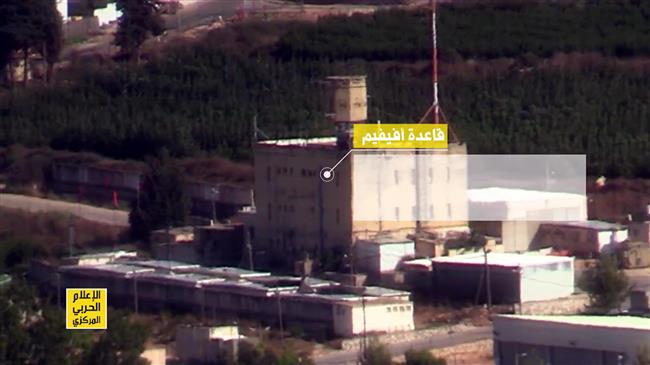
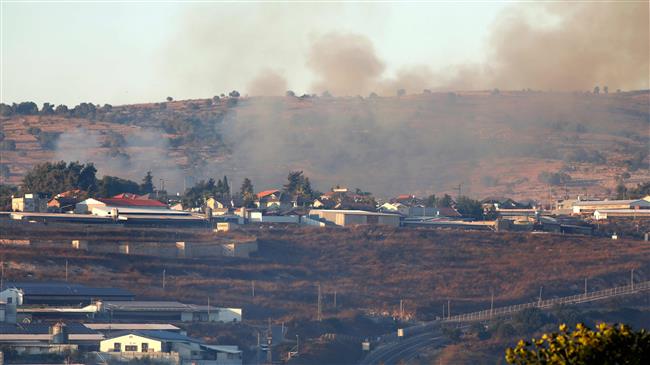


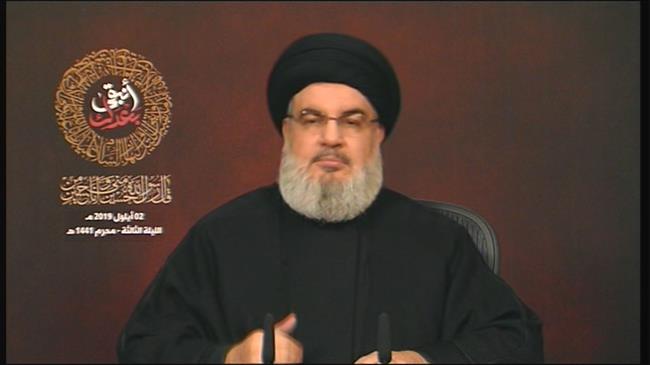


 This makes it easy to access the Press TV website
This makes it easy to access the Press TV website